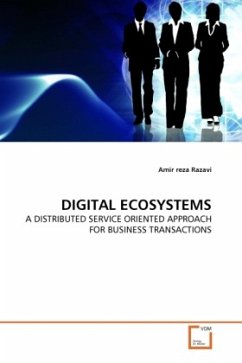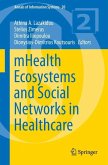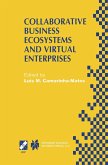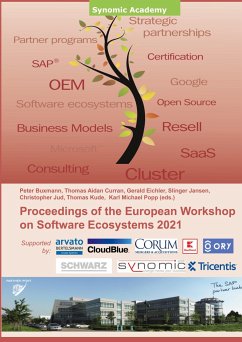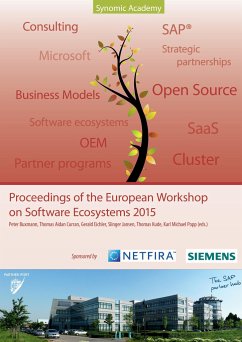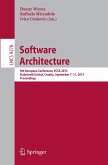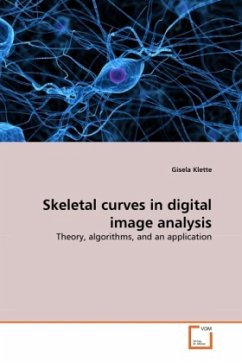This book formulates the metaphoric concept of Digital Ecosystems as a Peer-to-Peer network design which aims to support business activities conducted through a network of collaborations. This generates value in different, mutually beneficial, ways for the participating organisations. The building block of the underlying scale-free business network forms by temporary virtual networks of business transactions that involve the execution of multiple services from different providers. The book illustrates how these local interactions, which are not governed by a single organisation, give rise to a fully distributed P2P architecture that reflects the dynamics of business activities. The applied model is relying on dynamically formed permanent clusters of nodes, the so-called Virtual Super Peers. Such P2P architecture is capable of reconfiguring itself to adapt to the usage that is being made of it and respond to global failures of conceptual hubs. This encourages an environment where business communities can evolve to meet emerging business opportunities and achieve sustainable growth within the business community.
Bitte wählen Sie Ihr Anliegen aus.
Rechnungen
Retourenschein anfordern
Bestellstatus
Storno

